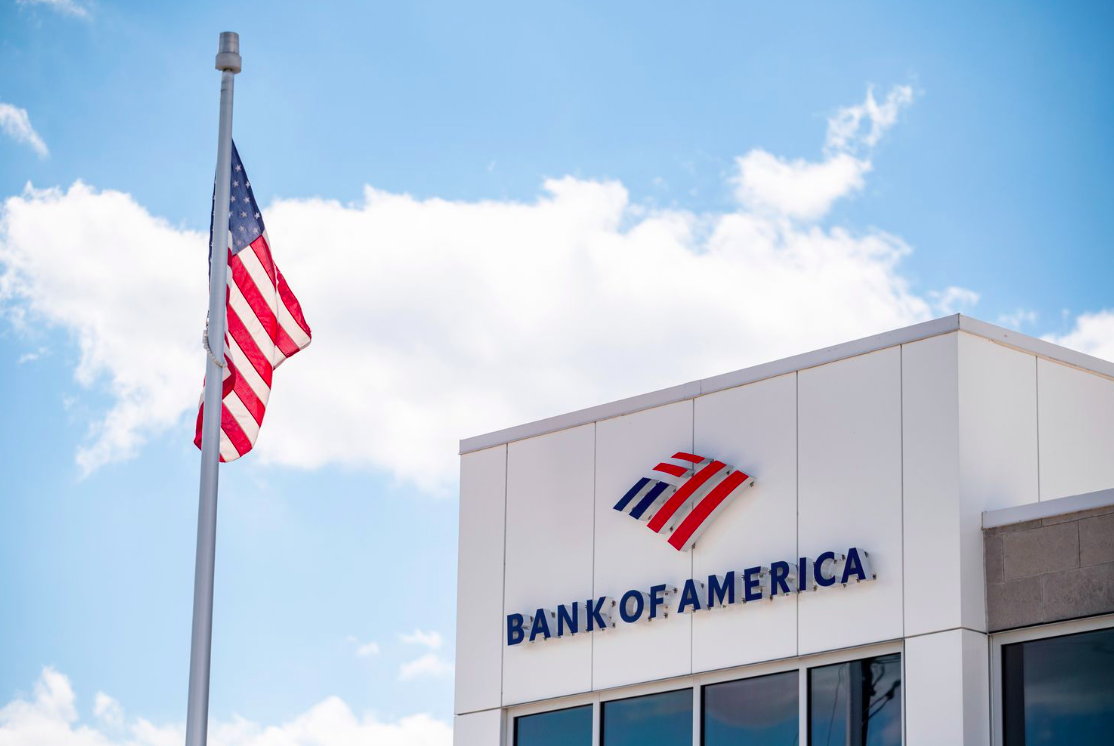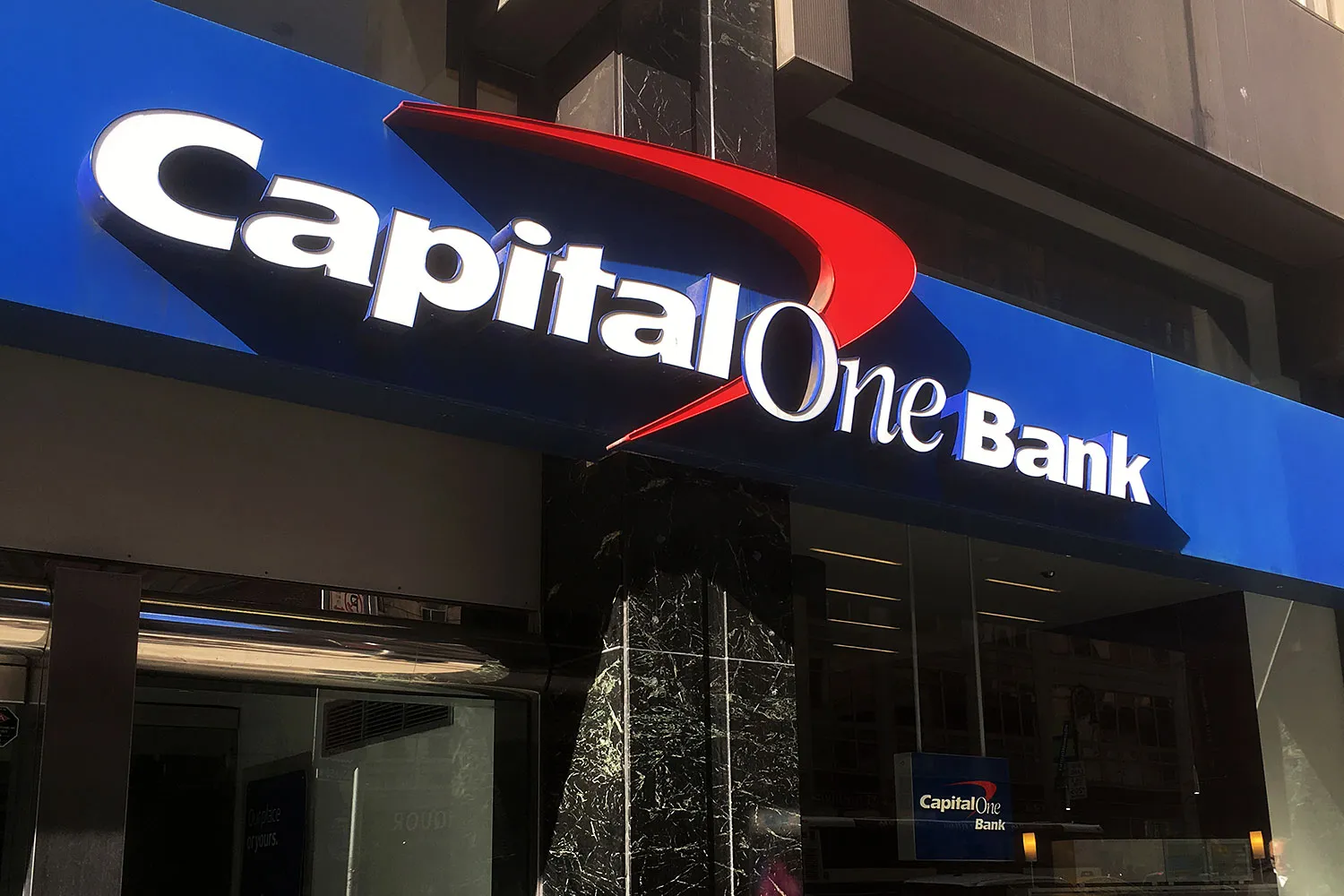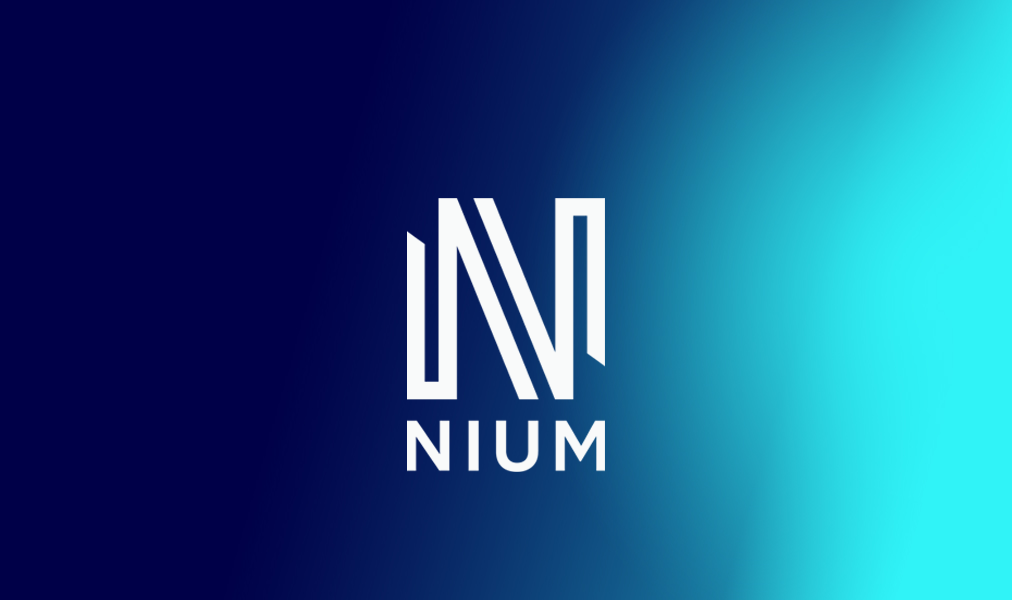|
Getting your Trinity Audio player ready...
|
Mastercard and JPMorgan Chase have announced a strategic partnership to leverage blockchain technology and accelerate cross-border payments. By integrating Mastercard’s Multi-Token Network (MTN) with JPMorgan’s Kinexys Digital Payments (formerly known as Onyx), the two financial giants aim to enhance efficiency, transparency, and speed in international transactions.
MTN and Kinexys: A Powerful Combination
Mastercard’s MTN is a blockchain-based platform designed to facilitate the transfer of tokenized assets. By connecting this network with JPMorgan’s Kinexys Digital Payments, the two companies are creating a robust infrastructure for seamless cross-border payments.
This integration will enable mutual customers to settle B2B transactions through a single API, streamlining the process and reducing settlement times. Additionally, the partnership will facilitate the use of tokenized currencies, such as stablecoins and central bank digital currencies (CBDCs), further enhancing the efficiency and security of international payments.
Tokenized FX: A New Era of Cross-Border Payments
Tokenized foreign exchange (FX) is emerging as a promising solution to address the challenges associated with traditional cross-border payments. By representing currencies as digital tokens on a blockchain, tokenized FX offers several advantages, including:
- Near-Real-Time Settlement: Tokenized FX allows for faster settlement times, reducing the risk of delays and counterparty risk.
- Increased Transparency: Blockchain technology provides a transparent and auditable record of all transactions, enhancing trust and accountability.
- Reduced Costs: By eliminating intermediaries and streamlining processes, tokenized FX can lower transaction costs.
Also Read: Microsoft’s Q1 Earnings On Oct 30 – Azure Revenue Down 20%+, AI Set To Top $10B By 2025
The Future of Cross-Border Payments
The collaboration between Mastercard and JPMorgan marks a significant step forward in the evolution of cross-border payments. By harnessing the power of blockchain technology, the two companies are paving the way for a more efficient, secure, and transparent global financial system.
As the adoption of blockchain technology continues to accelerate, we can expect to see further innovation in the realm of cross-border payments. By working together, financial institutions and technology providers can unlock the full potential of this transformative technology.
Disclaimer: The information in this article is for general purposes only and does not constitute financial advice. The author’s views are personal and may not reflect the views of Chain Affairs. Before making any investment decisions, you should always conduct your own research. Chain Affairs is not responsible for any financial losses.
With a keen eye on the latest trends and developments in the crypto space, I’m dedicated to providing readers with unbiased and insightful coverage of the market. My goal is to help people understand the nuances of cryptocurrencies and make sound investment decisions. I believe that crypto has the potential to revolutionize the way we think about money and finance, and I’m excited to be a part of this unfolding story.




